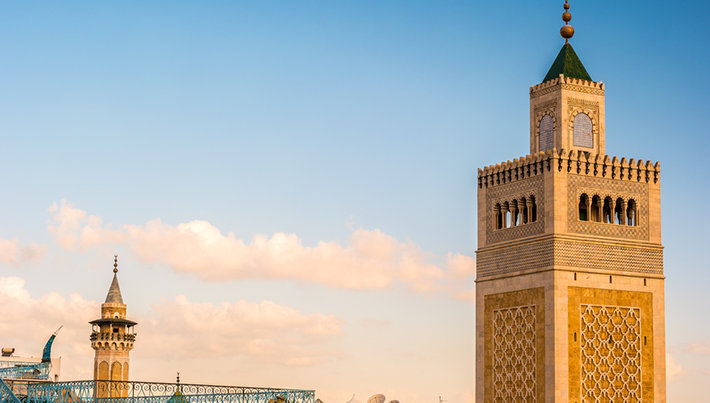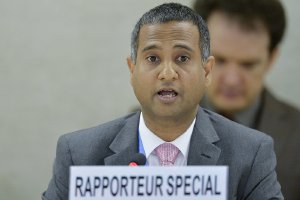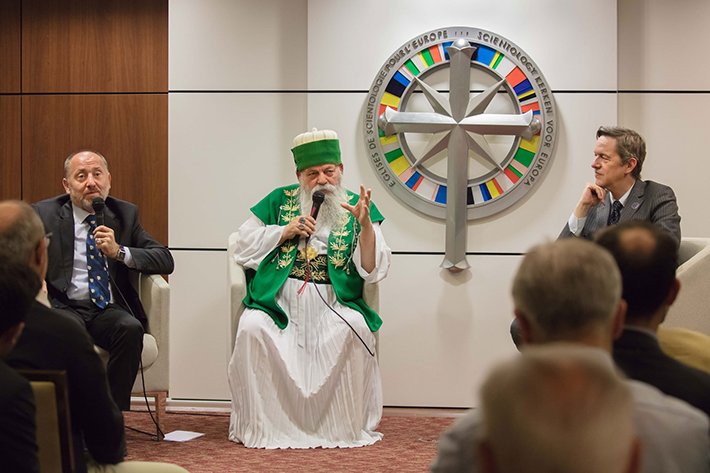Special Rapporteur on freedom of religion or belief Ahmed Shaheed is to visit Tunisia April 9 to 19 to examine the country’s policies and practices promoting and protecting freedom of religion or belief. “I look forward to getting a first-hand understanding of the human rights situation in Tunisia, including the good practices and challenges facing the country in relation to freedom of religion or belief,” says Shaheed.

Shaheed will visit Tunis and Djerba where he will meet government officials, representatives of faith-based organizations, NGOs, civil society and UN agencies.
Among issues to be considered are religious diversity and tolerance and women’s rights. He will also be looking into human rights situations for the disadvantaged, such as religious minorities and migrants.
“I look forward to getting a first-hand understanding of the human rights situation in Tunisia.”
According to a recent U.S. State Department Religious Freedom Report, “The [Tunisia] constitution declares Islam is the country’s religion, but also declares the country to be a “civil state.” The constitution designates the government as the 'guardian of religion’ and requires the president to be Muslim. The constitution guarantees freedom of belief, conscience, and exercise of religious practices, and the neutrality of mosques and houses of worship from 'partisan instrumentalization.’ It obligates the state to disseminate the values of moderation and tolerance, protect holy sites, and prevent takfir (Muslim accusations of apostasy against other Muslims). The constitution lists reasons for potential restrictions on the rights and freedoms it guarantees, including protecting the rights of others, the requirements of national defense, and public order, morality, or health.”
Shaheed assumed his mandate as Special Rapporteur on freedom of religion or belief on 1 November 2016. A career diplomat, he has twice held the office of Minister of Foreign Affairs of Maldives and led Maldives' efforts to embrace international human rights standards from 2003 to 2011.
From its beginnings, the Church of Scientology has recognized that freedom of religion is a fundamental human right. In a world where conflicts are often traceable to intolerance of others’ religious beliefs and practices, the Church has, for more than 50 years, made the preservation of religious liberty an overriding concern.
The Church publishes this blog to help create a better understanding of the freedom of religion and belief and provide news on religious freedom and issues affecting this freedom around the world.


